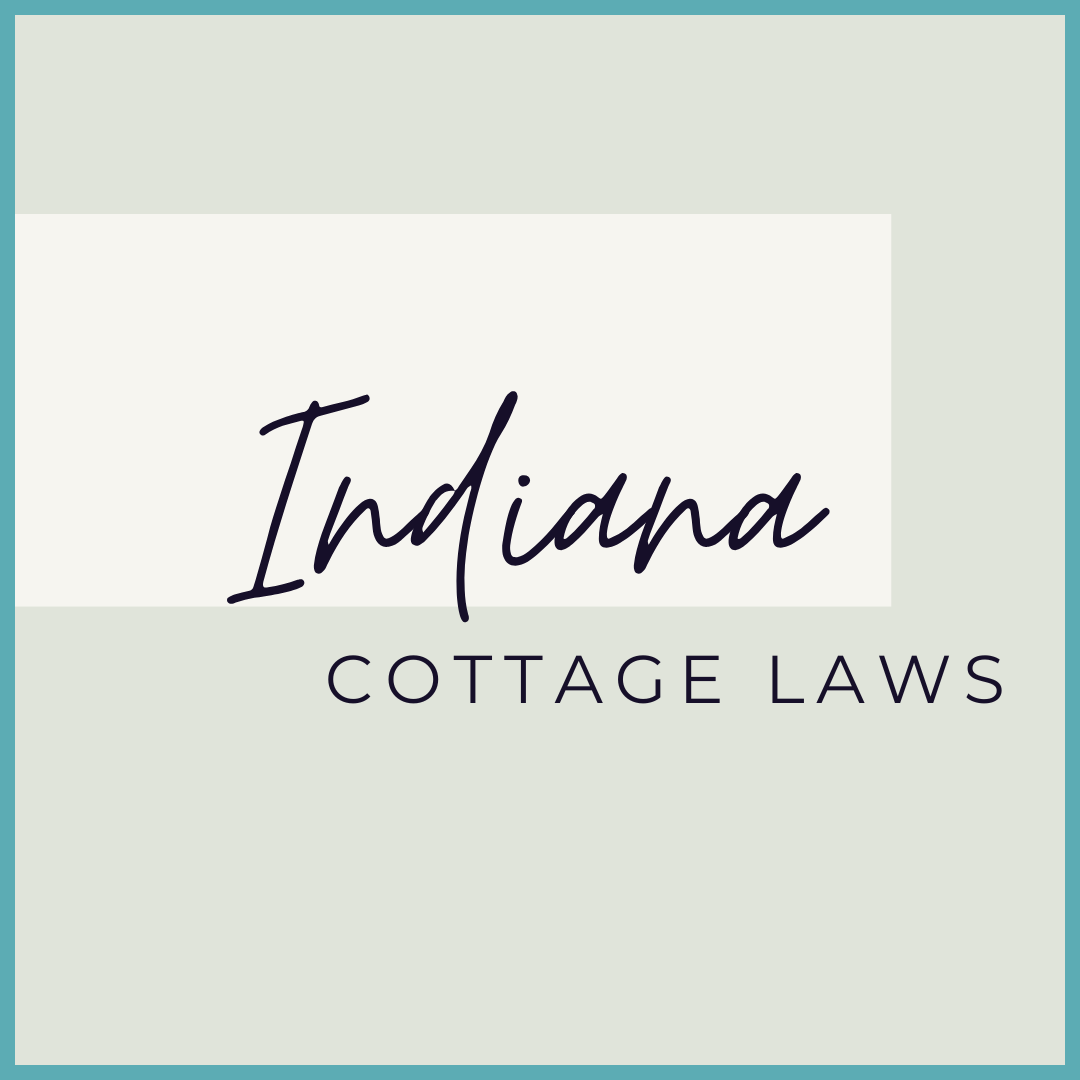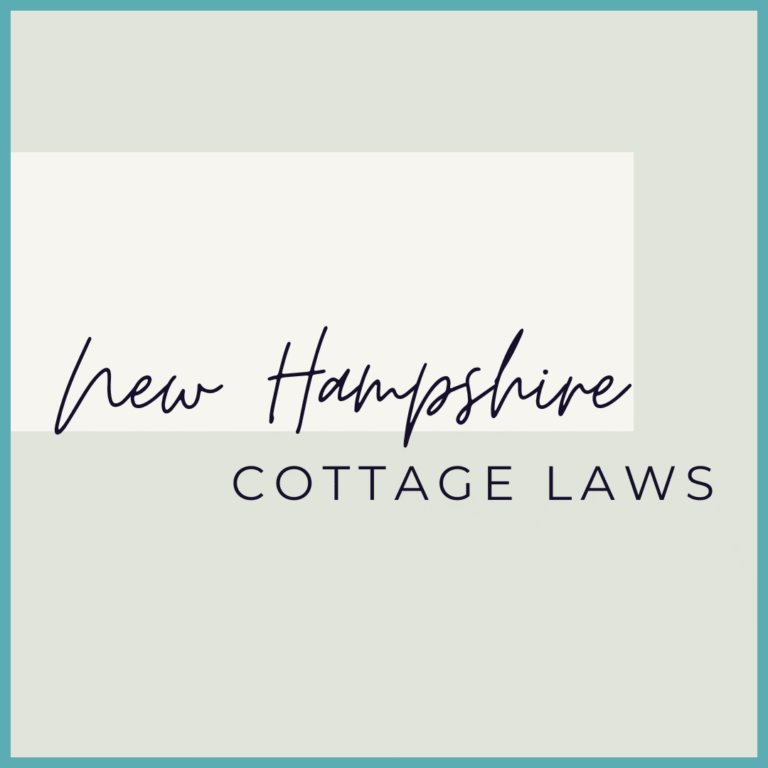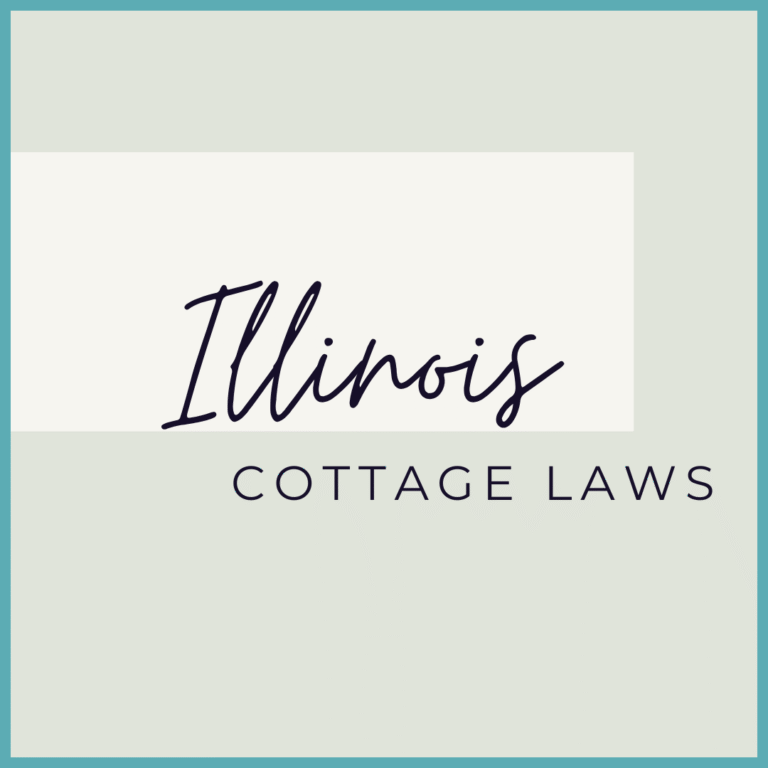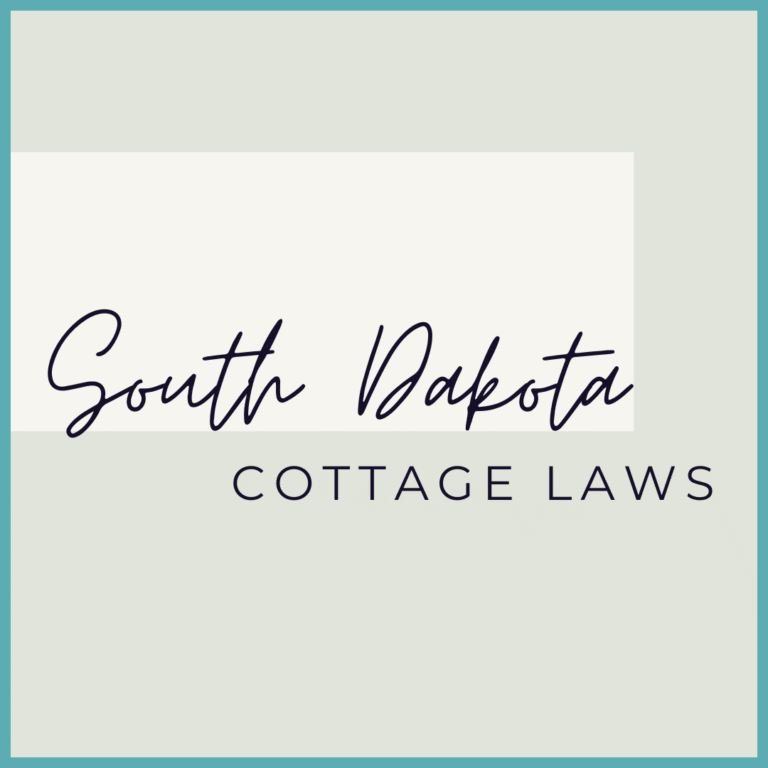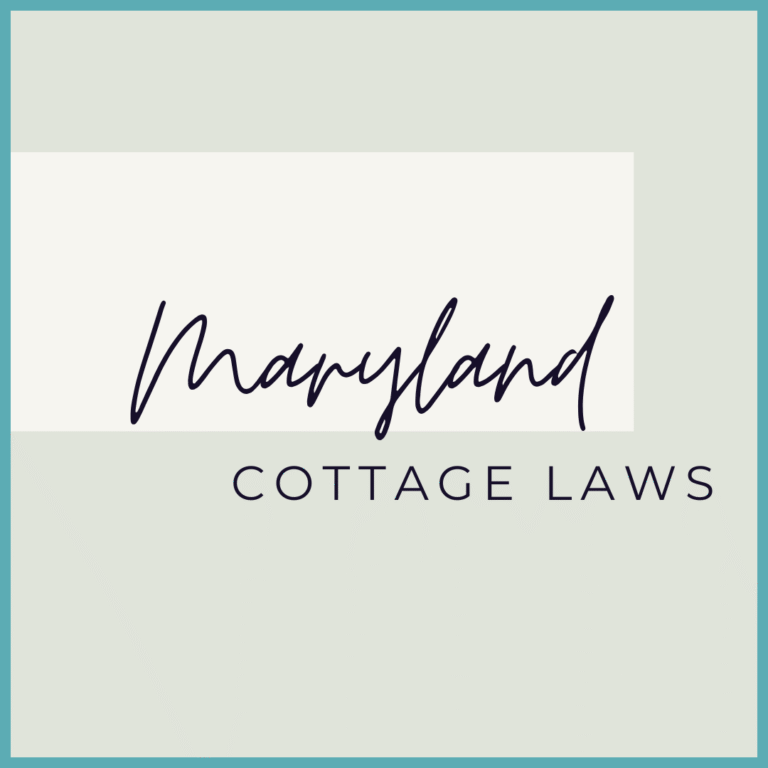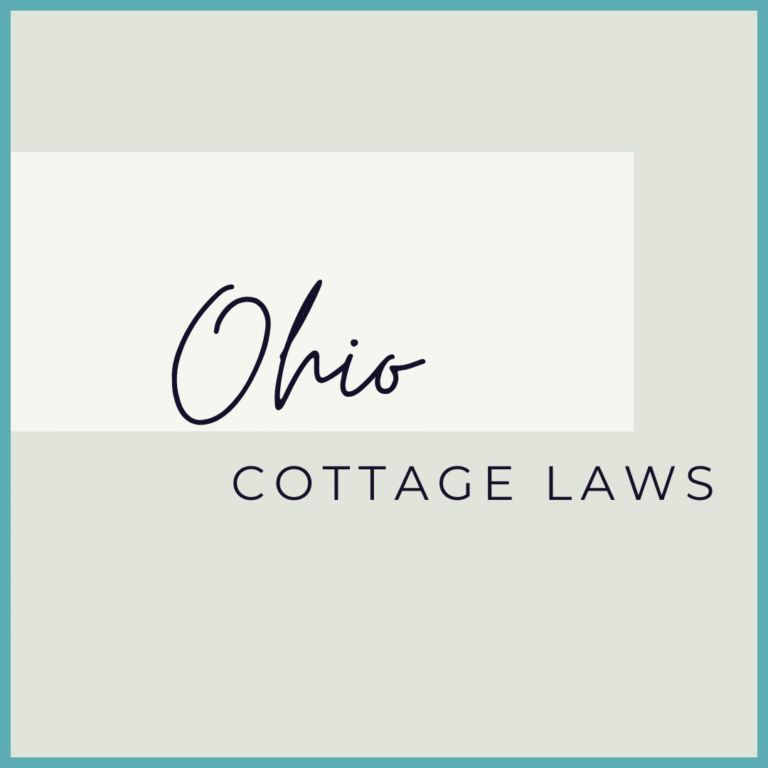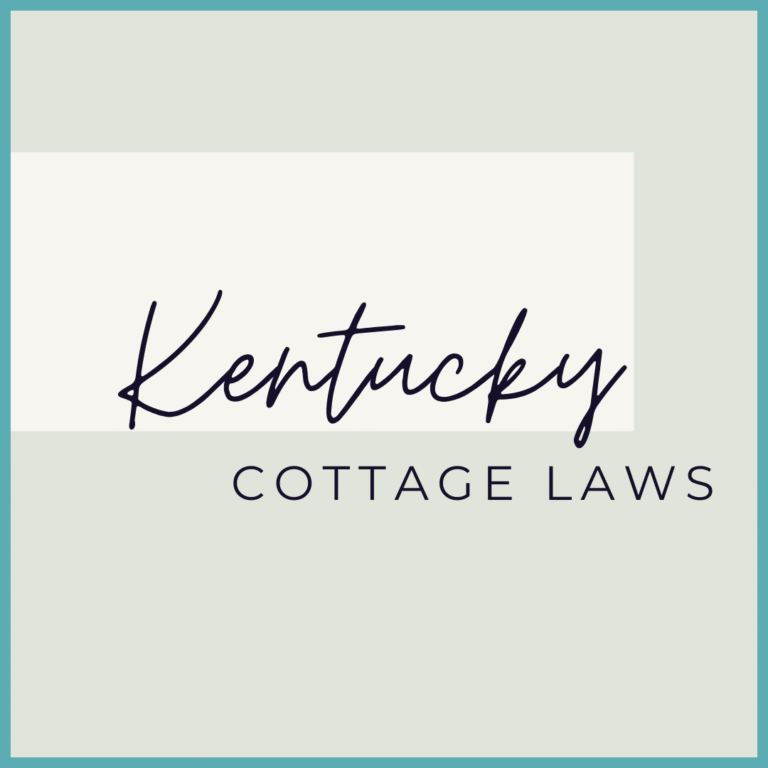Indiana Cottage Laws
Indiana just became much more friendly to home food entrepreneurs! The 2022 improvements transformed cottage food opportunities in the Hoosier State. Here's everything you need to know to get started.
What Are Indiana's Cottage Food Laws?
Indiana calls their program “Home-Based Vendors” (HBV), and it allows you to make and sell non-potentially hazardous foods from your home kitchen without a license or regular inspections.
The goal: Help small entrepreneurs test their products and build businesses without the high costs of commercial kitchens.
What Can You Make and Sell?
Indiana allows non-potentially hazardous foods – items that are shelf-stable and don't require refrigeration to stay safe:
Baked Goods
- Cookies, cupcakes, cake pops
- Breads, muffins, bagels
- Cakes (but not cream or custard pies)
- Sweet breads with fruits/vegetables baked in (like banana bread)
Candy and Confections
- Chocolates, nougats, caramels
- Hard candies, lollipops
- Chocolate-covered nuts and fruits
- Peanut brittle, fudge
Natural Products
- Honey (with infant warning label)
- Maple syrup, molasses, sorghum
- Traditional jams, jellies, preserves (high-acid fruits with full sugar recipes)
Other Items
- Whole and uncut produce
- Tree nuts and legumes
- Cultured mushrooms (wild mushrooms need expert certification)
- Dry goods and seasonings
What You CAN'T Make
- Pickles and acidified foods in sealed containers (like pickled beans, salsa)
- Meat products of any kind
- Dairy products (except as ingredients in non-hazardous baked goods)
- Shell eggs (except domestic chicken eggs, which have separate rules)
- Cut melons, tomatoes, lettuce
- Garlic-in-oil mixtures
- Low-acid canned foods
- Any food requiring refrigeration
Where Can You Sell?
The 2022 law greatly expanded selling opportunities:
Direct-to-Consumer Sales:
- Farmers markets
- Roadside stands
- From your home (pickup)
- Online sales within Indiana
- Mail order/shipping within Indiana only
- Town festivals (if organizers allow HBVs)
What you CAN'T do:
- Sell to grocery stores or restaurants (wholesale)
- Ship out of state
- Sell for resale by others
Requirements to Get Started
1. Get Food Handler Certification
Required as of July 2022:
- Must be from an ANSI-accredited provider
- Can complete online in about 90 minutes
- Costs around $10-15
- Must provide copy to health department or customers upon request
2. Use Your Primary Residence
- Must make products in your home kitchen
- Can use outbuildings on your property (like barns or sheds)
- Cannot use rented or commercial kitchens
- Cannot make products in a separate location
3. No License or Inspection Required
- No permits needed
- No regular inspections
- No registration with state
- Can start immediately after getting food handler certificate
Labeling Requirements
Every product must include:
- Your name and mailing address
- Product name (common name)
- Complete ingredient list in descending order by weight
- Net weight or volume
- Date the food was processed
- Required statement: “This product is home produced and processed, and the production area has not been inspected by the state department of health. NOT FOR RESALE.”
Online sales: If selling online, product labels must be visible on your website.
Allergen labeling: Not required by law, but recommended for customer safety.
Special Rules and Considerations
Shipping Requirements
- Can only ship within Indiana
- Must maintain shipping records for at least one year
- Products must be in tamper-evident packaging
Kitchen Requirements
- Must be in your primary domestic residence
- Can include mobile homes if that's your primary residence
- Standard household kitchen equipment is fine
- No commercial equipment requirements
Poultry Sales (Special Category)
If you raise chickens, you can sell them under separate rules:
- At farmers markets: must be sold frozen
- At your farm: can be refrigerated or frozen
- Requires different regulations than HBV program
Inspection Possibilities
While regular inspections aren't required, the health department may inspect if:
- They receive complaints about your products
- There are food safety concerns
- There's suspected non-compliance with regulations
Getting Started: Your Action Plan
Step 1: Get Food Handler Certification Complete ANSI-accredited food handler training online.
Step 2: Plan Your Products Make sure everything you want to make falls under allowed non-potentially hazardous foods.
Step 3: Set Up Your Kitchen Ensure you're using your primary residence kitchen or approved outbuilding.
Step 4: Create Labels Design labels with all required information, including the mandatory statement.
Step 5: Check Local Requirements While the state law is permissive, check if your town/county has any business license requirements.
Step 6: Start Selling Begin at farmers markets or from home to test your products.
The Money Side: No Limits!
Indiana has no annual sales limit – you can earn as much as your business can generate without being forced to upgrade to a commercial kitchen.
Success Tips for Indiana
Start with farmers markets: They're great for building customer relationships and testing products.
Focus on shelf-stable items: Make sure everything you produce doesn't need refrigeration.
Build an online presence: Take advantage of the ability to sell online and ship within Indiana.
Keep good records: Especially important for shipped items (required for one year).
Network locally: Connect with other Indiana home-based vendors through Facebook groups.
Consider seasonal specialties: Items like holiday cookies or summer jam can build loyal customers.
Local Health Department Role
Your local health department can:
- Provide guidance on regulations
- Inspect farmers markets for general sanitation
- Investigate complaints if they arise
- Help with questions about whether specific foods are allowed
They generally play a supportive rather than regulatory role for HBVs.
The Bottom Line
Indiana's 2022 cottage food law improvements represent a major win for food entrepreneurs. The combination of no licensing requirements, online sales capabilities, in-state shipping, and unlimited earning potential makes Indiana an attractive state for cottage food businesses.
Perfect for: Home bakers and food producers who want to start simple and grow without bureaucratic barriers.
Key advantages:
- No licenses, permits, or inspections required
- Can sell online and ship within state
- No sales limits
- Simple food handler certification requirement
Consider the limitations:
- Cannot sell acidified foods in sealed containers
- Must use primary residence kitchen
- Cannot wholesale to businesses
The law recognizes that cottage food businesses support local economies, create jobs, and provide consumers with transparency about their food sources. By keeping regulations simple and supportive, Indiana encourages entrepreneurship while maintaining appropriate food safety standards.
Whether you're a weekend baker looking to supplement income or an aspiring food entrepreneur ready to build a substantial business, Indiana's cottage food laws provide an excellent foundation for success.
Ready to start your Indiana cottage food business? Get your ANSI-accredited food handler certificate, set up your kitchen, and start baking! Contact your local health department with questions or visit the Indiana Department of Health website for more information. Happy baking, Hoosiers!
